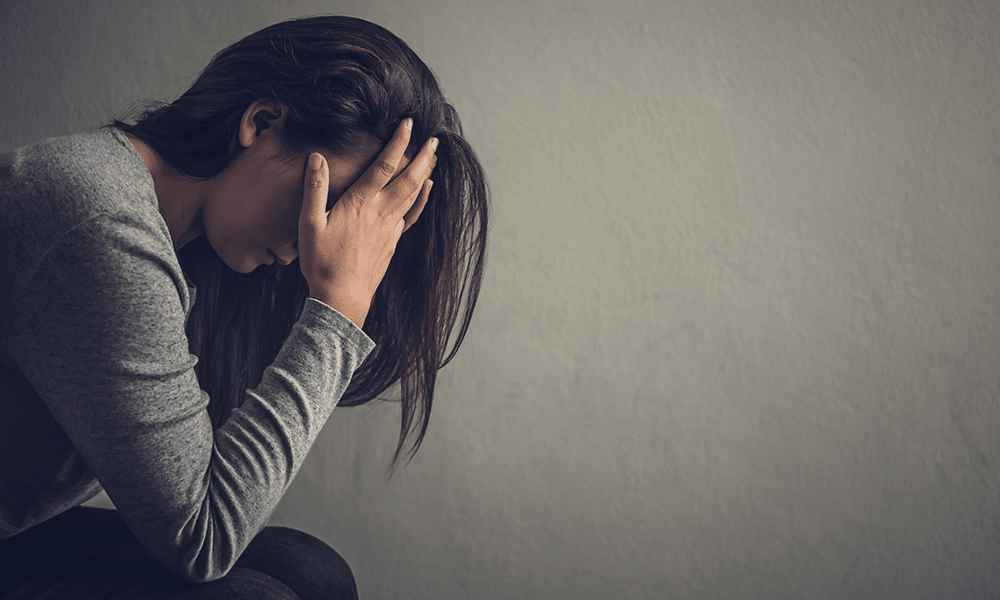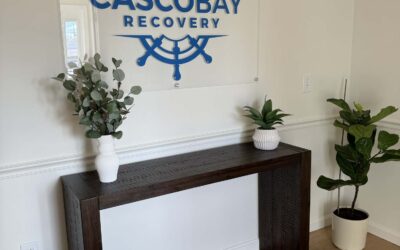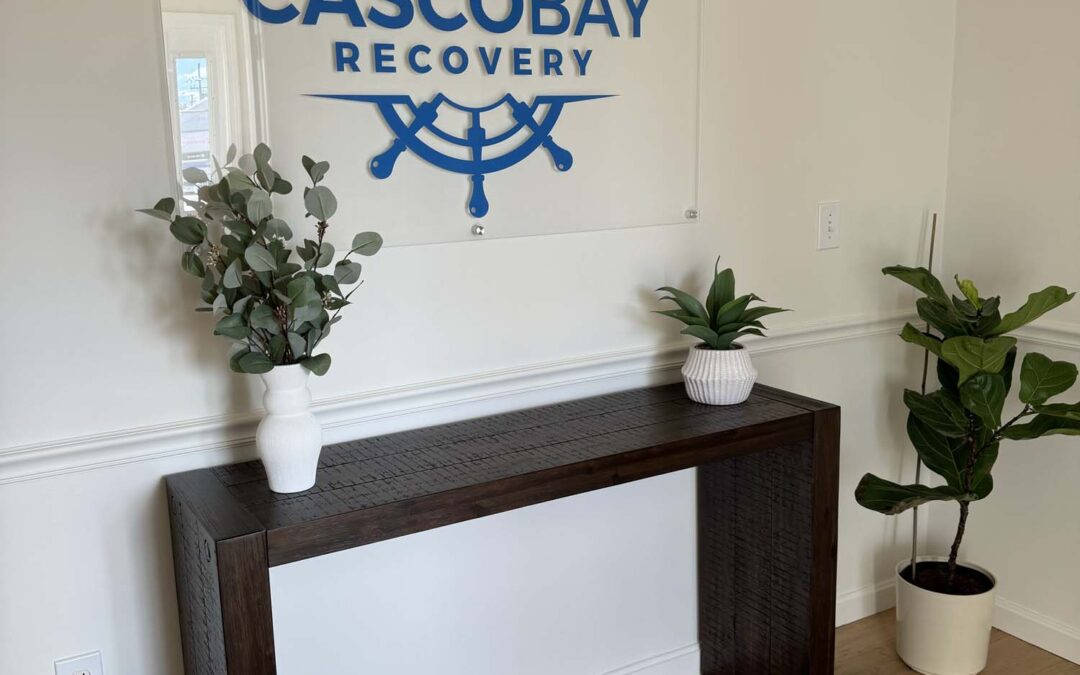Introduction
Benzodiazepines, often referred to as “benzos,” are a class of medications commonly prescribed to treat anxiety and insomnia. While they can be effective in the short term, benzodiazepine addiction is a growing concern. Consequently, long-term use can lead to dependence, making it increasingly difficult to stop taking the medication without experiencing withdrawal symptoms.
If you or someone you know is struggling with benzodiazepine addiction, it’s important to recognize that you are not alone. Fortunately, there are many resources and treatment options available to help you achieve a safe and lasting recovery. In this article, we will discuss the signs and symptoms of benzodiazepine addiction, explore various treatment approaches, and provide valuable resources to support your journey toward healing.
Signs and Symptoms of Benzodiazepine Addiction
While benzodiazepines can be helpful medications, prolonged use can lead to dependence and addiction. Here are some signs and symptoms to watch for:
- Needing to take increasingly higher doses (tolerance): Over time, your body may become tolerant to the effects of the medication, requiring higher doses to achieve the same results.
- Withdrawal symptoms when you stop taking them: When you try to quit using benzos after prolonged use, you may experience withdrawal symptoms like anxiety, insomnia, tremors, and seizures.
- Continued use despite negative consequences: Even if benzos are causing problems in your life, such as relationship issues, work difficulties, or legal trouble, you may find it hard to stop using them.
- Preoccupation with obtaining or using benzos: You may spend a significant amount of time thinking about, obtaining, or using benzos, neglecting other important aspects of your life.
If you recognize any of these signs in yourself or a loved one, it’s crucial to seek professional help. Early intervention can significantly improve the chances of a successful recovery from benzodiazepine addiction.
How to Get Help for Benzodiazepine Addiction
Taking the first step towards recovery can be daunting, but know that there are resources readily available to help you. Here are some key steps to consider:
1. Talk to Your Doctor
First and foremost, be honest with your doctor about your benzodiazepine use and your strong desire to stop. By sharing this information openly, you enable your doctor to understand your situation fully. As a result, they can develop a safe and effective tapering plan tailored to your specific needs. This plan is crucial for gradually reducing your medication, which helps to minimize withdrawal symptoms and ensures a smoother transition from benzodiazepines. Ultimately, collaborating closely with your doctor is an essential step in achieving a successful and manageable recovery.
2. Explore Treatment Options:
There are various treatment options available for benzodiazepine addiction. Casco Bay Recovery offers comprehensive programs designed to meet your individual needs. It’s essential to find a program that addresses both the physical and psychological aspects of addiction. Learn more about the different treatment options available at Casco Bay Recovery, including a dedicated program for Benzodiazepine Addiction Treatment.
Here are some treatment approaches commonly used for benzodiazepine addiction:
- Detoxification (Detox): This is the initial phase of treatment, where the body safely removes benzos from your system under medical supervision.
- Medication-Assisted Treatment (MAT): This approach uses medications to manage withdrawal symptoms and cravings for benzos.
- Therapy: Various forms of therapy, such as cognitive-behavioral therapy (CBT) and individual therapy, can help you address the underlying causes of your addiction, develop coping mechanisms, and prevent relapse.
- Support Groups: Connecting with others who are also in recovery from benzodiazepine addiction can provide invaluable support, encouragement, and a sense of community. Resources such as the National Alliance on Mental Illness (NAMI) [link to NAMI website] and the Benzodiazepine Information Coalition (BIC) offer support groups in many locations.
3. Create a Relapse Prevention Plan:
Developing a relapse prevention plan with your treatment team will empower you to identify triggers and manage cravings. This can help you stay on track towards long-term recovery.
Understanding Benzodiazepine Addiction: The Path to Recovery
Benzodiazepine addiction is a serious condition that can have devastating consequences for individuals and their families. While these medications are often prescribed to manage anxiety and insomnia, their addictive potential is significant. It’s crucial to understand the risks involved and to seek help if you or someone you know is struggling with benzodiazepine addiction.
The Dangers of Benzodiazepine Abuse
Prolonged benzodiazepine use can lead to a range of physical and psychological problems. These include:
- Tolerance: The body becomes accustomed to the medication, requiring higher doses to achieve the same effects.
- Dependence: The body relies on the drug to function normally, leading to withdrawal symptoms when use is reduced or stopped.
- Addiction: A compulsive pattern of drug seeking and use, despite negative consequences.
- Increased risk of overdose: Combining benzodiazepines with other depressants like alcohol significantly heightens the risk of overdose.
- Cognitive impairment: Memory problems, difficulty concentrating, and impaired judgment can occur.
- Drowsiness and impaired motor function: These effects can increase the risk of accidents.
The Role of Medication-Assisted Treatment (MAT)
Medication-Assisted Treatment (MAT) plays a pivotal role in treating benzodiazepine addiction and offers a proven approach to managing this challenging condition. Specifically, MAT involves the use of FDA-approved medications that help manage withdrawal symptoms and significantly reduce cravings. By integrating medication with other therapeutic modalities, MAT provides a comprehensive treatment strategy. Furthermore, when combined with therapy and counseling, MAT not only addresses the physical aspects of addiction but also supports emotional and psychological recovery. As a result, MAT helps individuals overcome addiction more effectively and achieve long-term recovery, enhancing overall treatment outcomes.
The Importance of Therapy and Counseling
In addition to Medication-Assisted Treatment (MAT), therapy and counseling play a crucial role in addressing the underlying causes of benzodiazepine addiction. Specifically, Cognitive-Behavioral Therapy (CBT) is a widely used approach that helps individuals identify and change negative thought patterns and behaviors. By focusing on these areas, CBT assists individuals in developing healthier coping strategies and more effective ways of managing their addiction.
Furthermore, our experienced therapists at Casco Bay Recovery offer personalized support and guidance throughout your recovery journey. They provide tailored therapeutic interventions designed to meet your unique needs, ensuring a comprehensive and effective approach to overcoming benzodiazepine addiction. Therefore, integrating therapy and counseling with other treatment methods can significantly enhance your overall recovery process and long-term success.
Building a Strong Support System
Building a strong support system is crucial for achieving successful recovery from benzodiazepine addiction. Connecting with others who understand your unique challenges can offer significant benefits, including encouragement, accountability, and a vital sense of belonging. By participating in support groups, you can gain invaluable resources and insights. For example, support groups provided by organizations like the National Alliance on Mental Illness (NAMI) and the Benzodiazepine Information Coalition (BIC) can play an essential role in your recovery journey. These groups not only offer emotional support but also practical advice and shared experiences, helping to strengthen your overall recovery process.
Relapse Prevention: Building a Strong Foundation
Relapse is a common experience that many individuals face during addiction recovery. However, with the right tools and support, it is entirely possible to prevent relapse and maintain long-term sobriety. Therefore, creating a comprehensive relapse prevention plan is crucial to achieving sustained recovery.
To begin with, this plan should include identifying personal triggers that may lead to cravings or risky behaviors. Recognizing these triggers allows individuals to anticipate and manage their responses effectively. Additionally, developing healthy coping mechanisms is essential for handling stress and avoiding relapse. These mechanisms might include mindfulness practices, exercise, or engaging in hobbies.
Moreover, establishing a strong support network plays a significant role in relapse prevention. Connecting with supportive friends, family members, or recovery groups provides a vital safety net and reinforces your commitment to staying sober. By integrating these components into your relapse prevention plan, you can build a solid foundation for a successful and lasting recovery.
Seeking Help: The First Step to Recovery
If you or someone you know is struggling with benzodiazepine addiction, know that help is available. Casco Bay Recovery offers a range of treatment options tailored to individual needs. Our compassionate and experienced staff are committed to supporting you on your path to recovery.
Remember, you don’t have to face this challenge alone. Take the first step towards a healthier and happier life by reaching out to Casco Bay Recovery today.
Disclaimer: This article provides information only and does not offer medical advice. Consult a healthcare professional for diagnosing and treating any medical condition.







